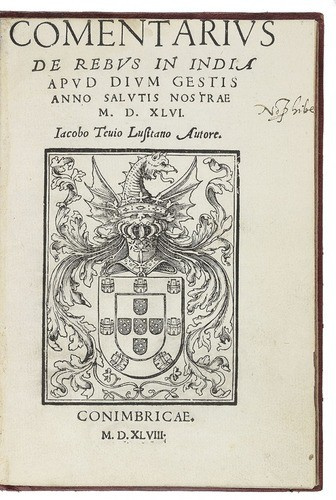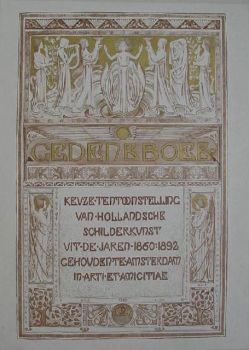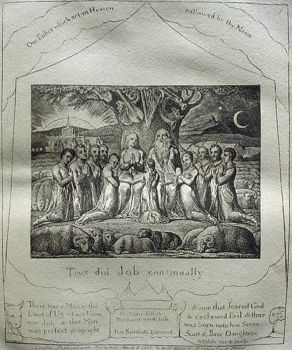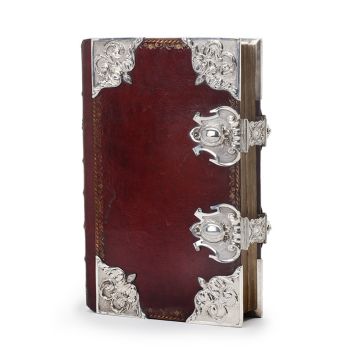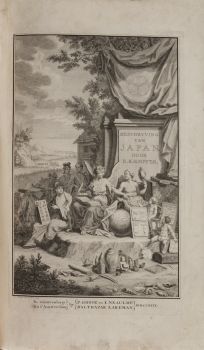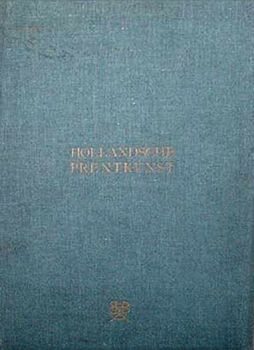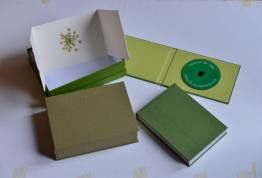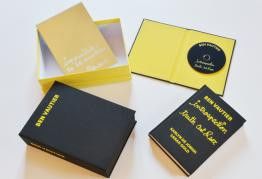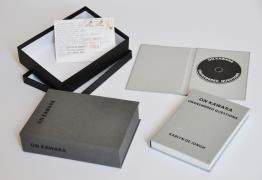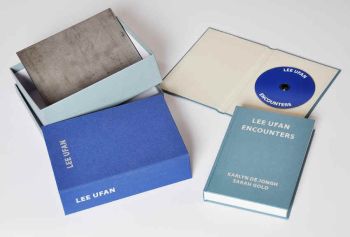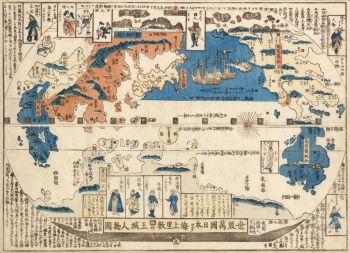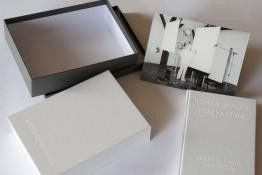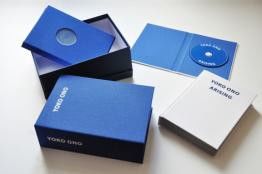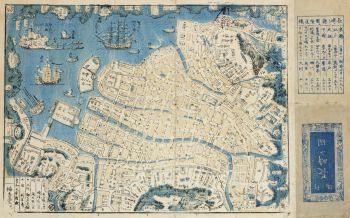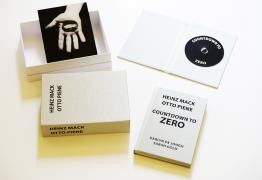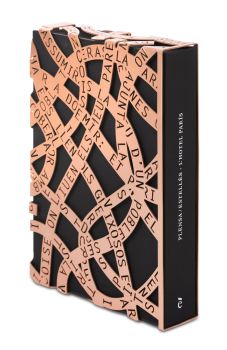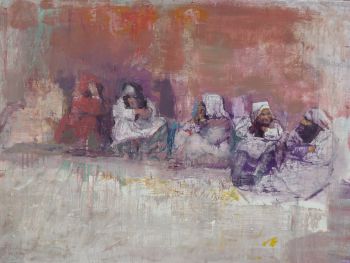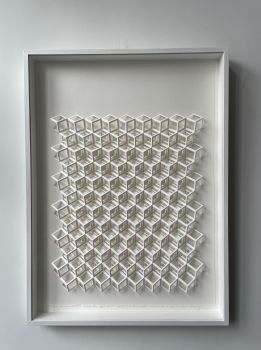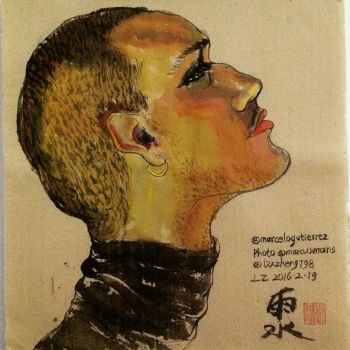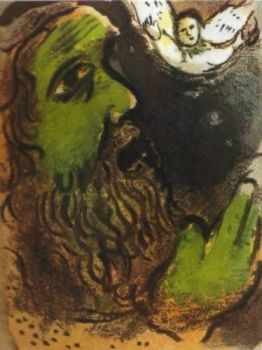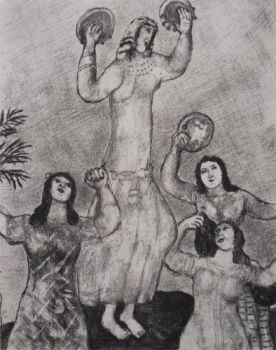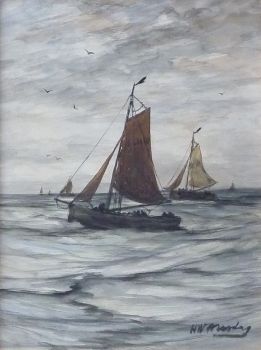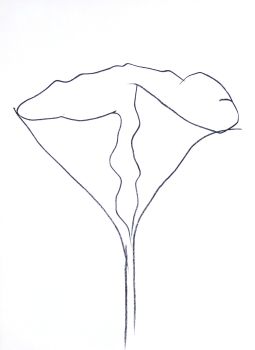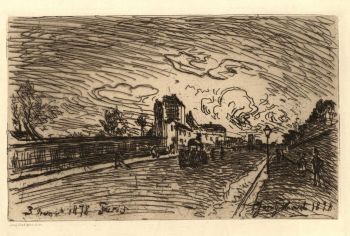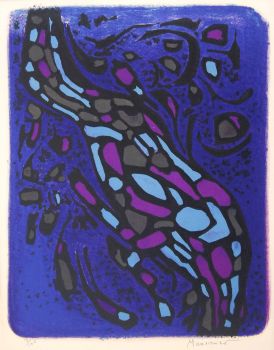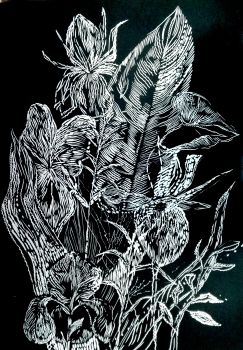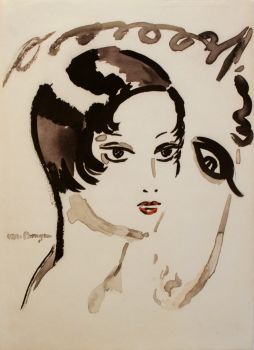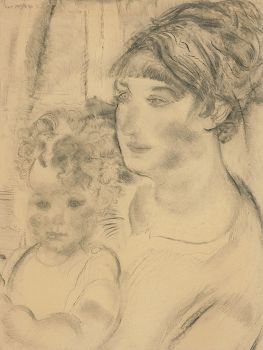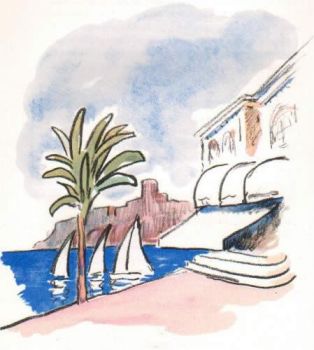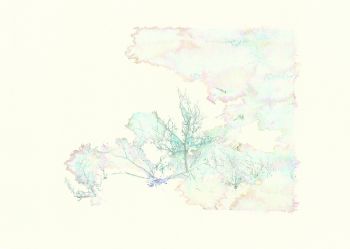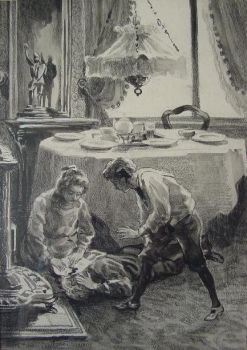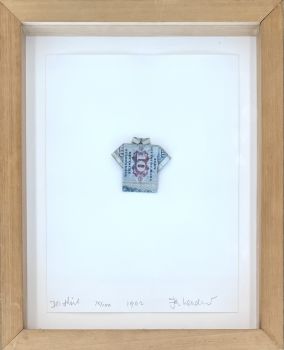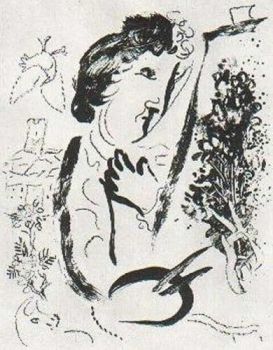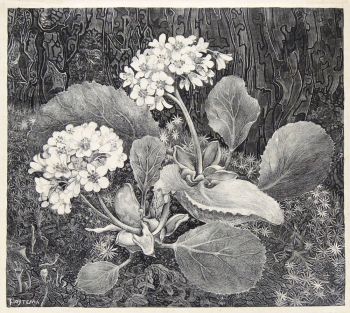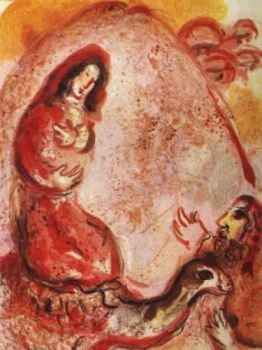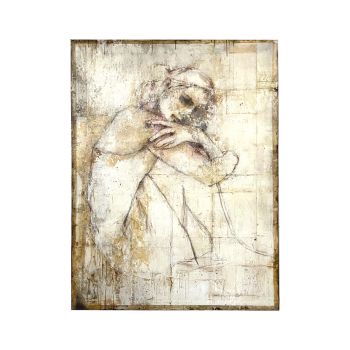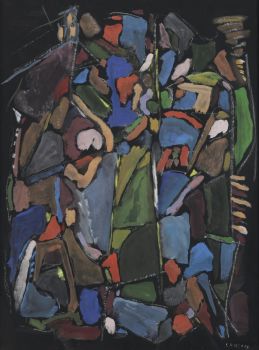Portuguese break 1546 Muslim siege of Diu in Gujarat 1548
Diogo de Teive
EncrerPapierCuir
ConditionExcellent
Actuellement indisponible via Gallerease
- Sur l'oeuvre d'artCom[m]entarius de rebus in India apud Dium gestis anno salutis nostrae M. D. XLVI.
Coimbra, (colophon: produced by João de Barreira and João Álvares, printers to the King), 1548.
Small 4to (18.5×13.5 cm).
With woodcut arms of King João III of Portugal on title-page.
Set in Peter Schoeffer the younger's Parangon (121 mm/20 line or 18 point) italic and with an extremely early use of Claude Garamont's Canon roman (not previously recorded before 1549).
Gold-tooled red sheepskin (18th-century refurbished in the 19th century).
First edition, in Latin, of a report on the Portuguese in India and especially on their defeat of the Muslim Gujarat Sultanate at the second siege of Diu in 1546, written by the Portuguese humanist Diogo de Teive (ca. 1514-ca. 1570). The book opens with a 4-page dedication to King João III, dated 1 March 1548, and two verses (each occupying a full page), followed by the main text, dated August 1547.
The Portuguese reached India in 1498 (and regarded it as their property under the 1494 Treaty of Tordesillas concluded with Spain) but in the early years they met stiff resistance from the Gujarats, supported at various times by the Mamluks and the Ottoman Empire. Although they never penetrated far inland, the Portuguese gradually came to dominate the coastal areas, in particular expanding their territory and power in northwest India from 1509 to 1546. In 1546 the Gujarats under Khoja (or Khwaja) Sofar tried to retake Diu, lost in 1509, but after a seven-month siege they were routed by the Portuguese fleet under João de Castro. This established the European colonial power and the European spice trade in India (including what is now Pakistan), where Portugal was to be followed by the Dutch and especially England before most of India finally gained its independence in 1947. Small parts, including Diu, remained in Portuguese hands until 1961.
Trimmed, shaving an accent on the title-page and the running head on a few pages, but otherwise in good condition, with some minor defects. The binding has several worm holes and the spine is damaged and partly restored. A contemporary account of the Portuguese defeat of the Muslim forces in Gujarat in 1546.
Palau 328839; USTC 343307. - Sur l'artisteDiogo de Teive (vers 1514 - vers 1569) était un humaniste, un latiniste et un érudit né à Braga au Portugal. Il a passé la plupart de ses années de formation à l'étranger, en Europe. Il reviendrait au Portugal grâce à l'initiative du roi Jean III du Portugal. Diogo de Teive a été accusé de protestantisme par l'Inquisition portugaise, et condamné à l'emprisonnement en 1550. Néanmoins, Teive n'a pas fui le pays, et a été affilié à la famille royale portugaise et à la cour, où il était comme un érudit et un pasteur. Diogo de Teive a écrit des tragédies en latin et divers ouvrages historiques et philosophiques.
Artwork details
Catégorie
Sujet
Matériel & technique
Related artworks
Antonie Derkinderen
Memory book Exhibition of Dutch Painting1892
Prix sur demandeKunsthandel Pygmalion
Tilmanus Nicolaus Maastricht
Missale Romanum avec montures en argent hollandais1788 - 1792
Prix sur demandeJacob J. Roosjen SRI
Engelbert Kaempfer
LIVRE ENGELBERT KAEMPFER1651 - 1716
Prix sur demandeZebregs & Röell - Fine Art - Antiques
Tilmanus Nicolaus Maastricht
Missale Romanum avec montures en argent hollandais1788 - 1792
Prix sur demandeJacob J. Roosjen SRI
Antonie Derkinderen
Memory book Exhibition of Dutch Painting1892
Prix sur demandeKunsthandel Pygmalion
Engelbert Kaempfer
LIVRE ENGELBERT KAEMPFER1651 - 1716
Prix sur demandeZebregs & Röell - Fine Art - Antiques
Yoko Ono
YOKO ONO: "ARISING" SIGNED BOOK PLUS SMALL ARTWORK 2010 - 2014
Prix sur demandeGallerease Selected
1 - 4 / 22- 1 - 4 / 4
Jan Sluijters
Original illustration of Sluijters for the book: 'Laura's opstel'1881 - 1957
Prix sur demandeKunsthandel Pygmalion
1 - 4 / 24

